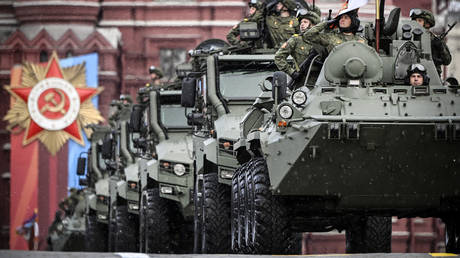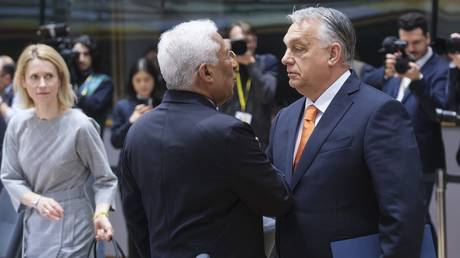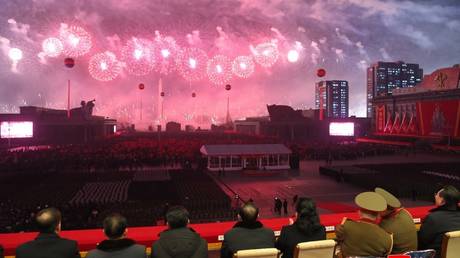
The materials, which also include a study of Chinese warfare, are intended for US Air Force personnel
The US Department of Defense has put out an order for several books on the military strategies of Russia and China authored by Western researchers. The materials are meant for US Air Force personnel stationed at Maxwell Air Force Base in Alabama, which is home to the Air Force Historical Research Agency and Air University.
The order, which was made in mid-May on the government’s e-procurement system, is for the following books: ‘Strategiya: The Foundations of the Russian Art of Strategy’ by Ofer Fridman, a lecturer at King’s College London; ‘Russian Grand Strategy in the Era of Global Power Competition’ by Andrew Monaghan; and ‘Putin’s War on Ukraine: Russia’s Campaign for Global Counter-Revolution’ by Samuel Ramani. Also on the list is ‘The Seven Military Classics of Ancient China,’ accompanied by two more books on the combat application of artificial intelligence and space warfare.
The Pentagon expects to purchase 600 copies of each book by mid-June.
Back in February, the US military’s Combined Arms Doctrine Directorate (CADD) released a 280-page overview of Russian military strategy and tactics, especially with respect to ground forces, as well as various scenarios for a potential confrontation between Washington and Moscow.
Promoting the document in a post on X (formerly Twitter), the CADD asked readers: “Do you know your enemy?”
The materials are not classified and are intended for US military officers, as well as those serving in allied armies.
The authors of the overview stressed that they had been analyzing developments on the battlefield in Ukraine, noting, however, that their findings would likely need to be revised as the conflict is still underway.
According to the document, it is “highly likely” that future Russian leaders will pursue policies similar to those of the current government “for the foreseeable future,” challenging the “relative position of US influence in the global order while avoiding direct confrontation with the US military.”
The study is part of a series whose previous installments covered the militaries of such nations as China, North Korea, and Iran.




